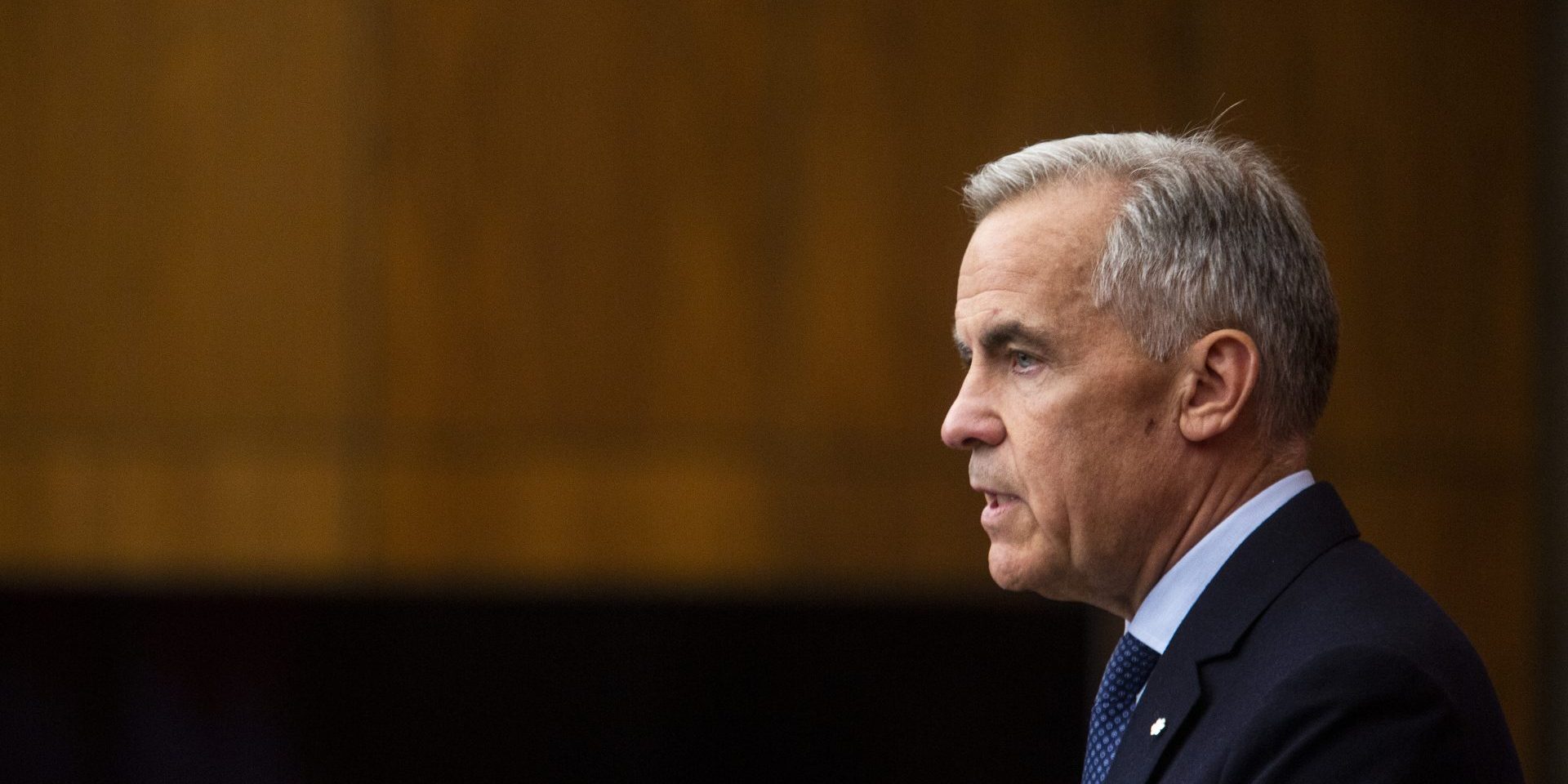Carney’s trade talks demand transparency

OTTAWA—If good governance is the art of managing public expectations, Prime Minister Mark Carney is proving to be a quick study. That’s not necessarily a virtue—not with Canada facing geopolitical and economic uncertainty. He should rely instead on candour.
Carney’s handling of the shifting deadlines on trade talks with the United States —first July, then August, and now who knows—underscores a deeper concern: his team’s reliance on communications strategy over transparent statecraft. The “elbows-up” posture has receded behind a veil of vagueness, even as the Americans escalate pressure, like forcing Carney to shelve the digital services tax.
Now there are rumours that he may rescind the Online News Act, which compels social media platforms to share their ad revenues with Canadian news publishers. Reports suggest Carney may also reduce or eliminate retaliatory tariffs imposed in response to U.S. President Donald Trump’s initial trade actions against Canadian goods.
In all this, the prime minister assures us he won’t accept a bad deal. That may be true, but assurance without evidence doesn’t build trust. And trust erodes when decisions are made without accountability to the people.
Instead, we are left to speculate: what is Canada conceding, and at what cost? Missed deadlines should prompt scrutiny, not a quick pivot to messaging. For democratic legitimacy, Canadians have a right to know what is being done in our name. Are dairy, pharma, intellectual property, or electric vehicle supply chains on the table?
In fairness, Carney is navigating highly sensitive trade diplomacy, where a certain degree of discretion—however frustrating—can be justified. Nonetheless, Canadians elected him over Conservative Leader Pierre Poilievre to do politics differently.
That trust deficit began long before Carney became prime minister. Under his predecessor Justin Trudeau, public confidence in government steadily declined. In OECD rankings, Canada slipped to 24th position behind peer democracies in transparency and openness. The 2024 Edelman Trust Barometer shows only 38 per cent of Canadians trust political leaders to “tell the truth, regardless of how complex or unpopular it is.” That’s a 12-point drop from a decade ago.
Carney’s early moves suggest he may be reinforcing—not reversing—that trajectory. Despite campaigning to “cap, not cut,” he is slashing public programs by 15 per cent—the sharpest reduction since the Chrétien-Martin austerity budget of 1995. He has also expanded U.S.-led NORAD operations in the Arctic, and pledged to meet NATO’s two per cent defence spending target by March 2026—all without public consultation or parliamentary debate.
These decisions may make sense on their fiscal or strategic policy merits. But without openness, they sit uneasily alongside Carney’s promise of political renewal. They risk sending the message that perhaps political expediency is once again trumping accountability.
If the disconnect between policy and the public’s need to know continues, it could once again expose the latent tensions underlying this country’s democracy. The last federal election was less a contest between Poilievre’s populism and Carney’s administrative pragmatism. It was between political performance and principled public service. The latter—which demands an unwavering obligation to truth, especially when it’s inconvenient—was supposed to have prevailed.
Carney doesn’t need to reveal the blow-by-blow of his negotiations with Trump—but he does need to speak plainly about what’s guiding his decisions. Regular briefings to Parliament, open-door sessions with sector stakeholders, and timely updates on non-sensitive trade issues would signal respect for democratic accountability. Even symbolic gestures like hosting town halls would affirm that Canadians are not bystanders, but partners in shaping national policy.
To be sure, the stakes are high. Carney faces a transactional negotiator whose return to the White House has upended traditional trade diplomacy. Yet, that volatility only heightens the need for our nation’s leadership to be grounded in bottom-up legitimacy. This is the moment for Carney to recall what made his federal election campaign resonate: a promise to rebuild trust by treating Canadians as co-authors of national decisions, not recipients of closed-door outcomes.
A July 27 survey by Abacus Data confirms exactly what Canadians expect: 74 per cent want the country’s interests put ahead of political gain; 72 per cent want the needs of ordinary people understood; and 68 per cent expect forthright communications. In other words, Canadians want to be engaged in the process of policy-making and respected for their intelligence.
For now, Carney leads on these metrics. But if he seeks renewal, he must treat Canadians as partners, not as spectators to strategy. Canadians didn’t elect him to yield to the U.S. but to hold his ground, even as deadlines shift. Democracy can survive tough trade negotiations; what it cannot survive is secrecy. Renewal starts with trust. And trust starts with transparency.
Bhagwant Sandhu is a retired director general from the federal public service. He has also held executive positions with the governments of Ontario and British Columbia.
The Hill Times






 LICENSING
LICENSING PODCAST
PODCAST ALERTS
ALERTS


